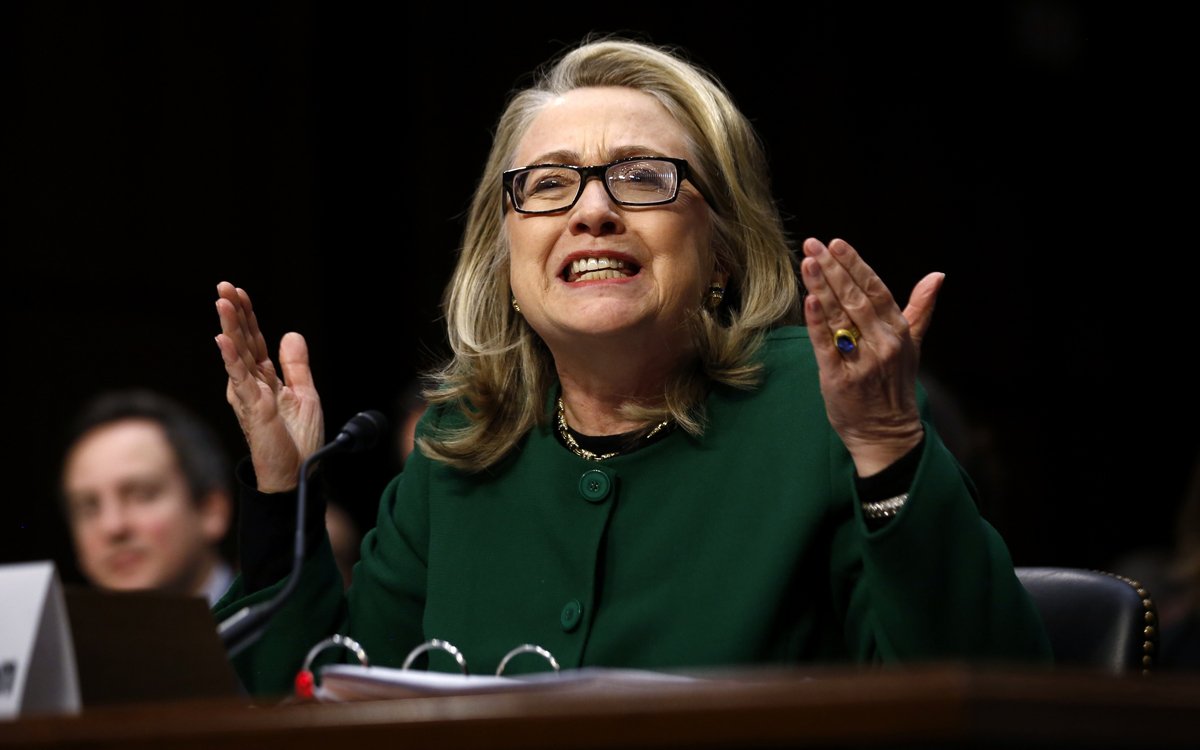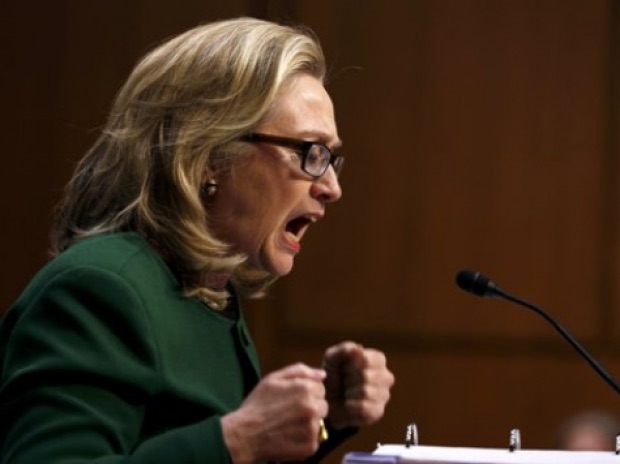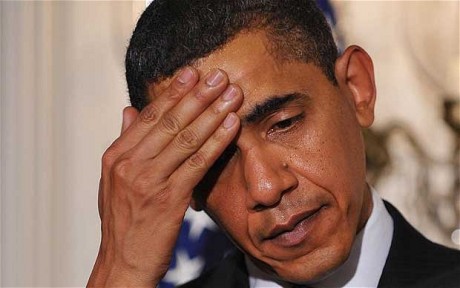Sen. Johnson finally answers Clinton’s infamous question: ‘What difference, at this point, does it make?’
On Jan. 23, 2013, Hillary Clinton asked an infamous question about the attack on the United States Consulate in Benghazi, Libya. “What difference, at this point, does it make?” Clinton…


